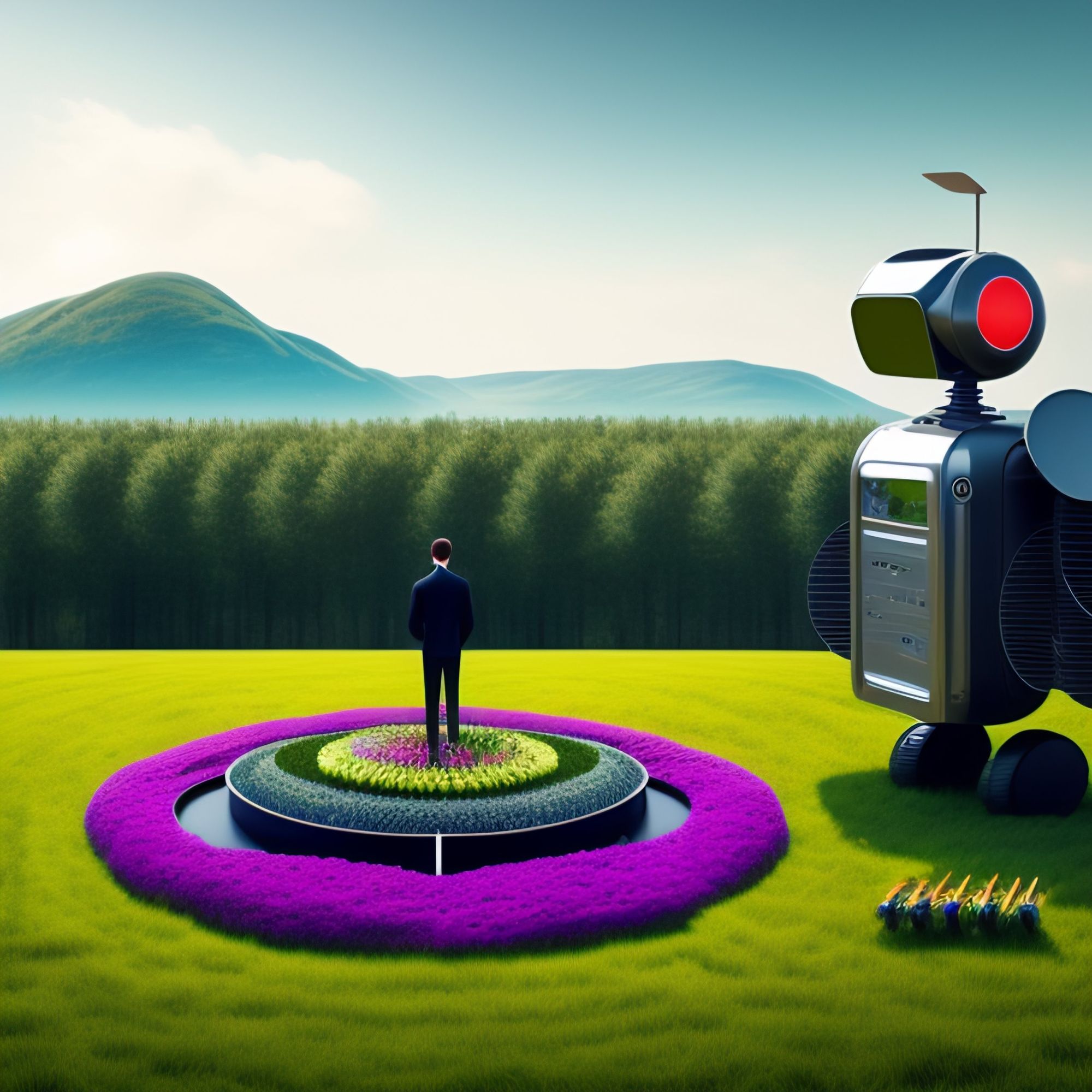Harvesting Innovation: How AI is Revolutionizing Agriculture?
By harnessing the power of AI, farmers can now optimize their operations, increase productivity, and address the challenges posed by a growing global population.
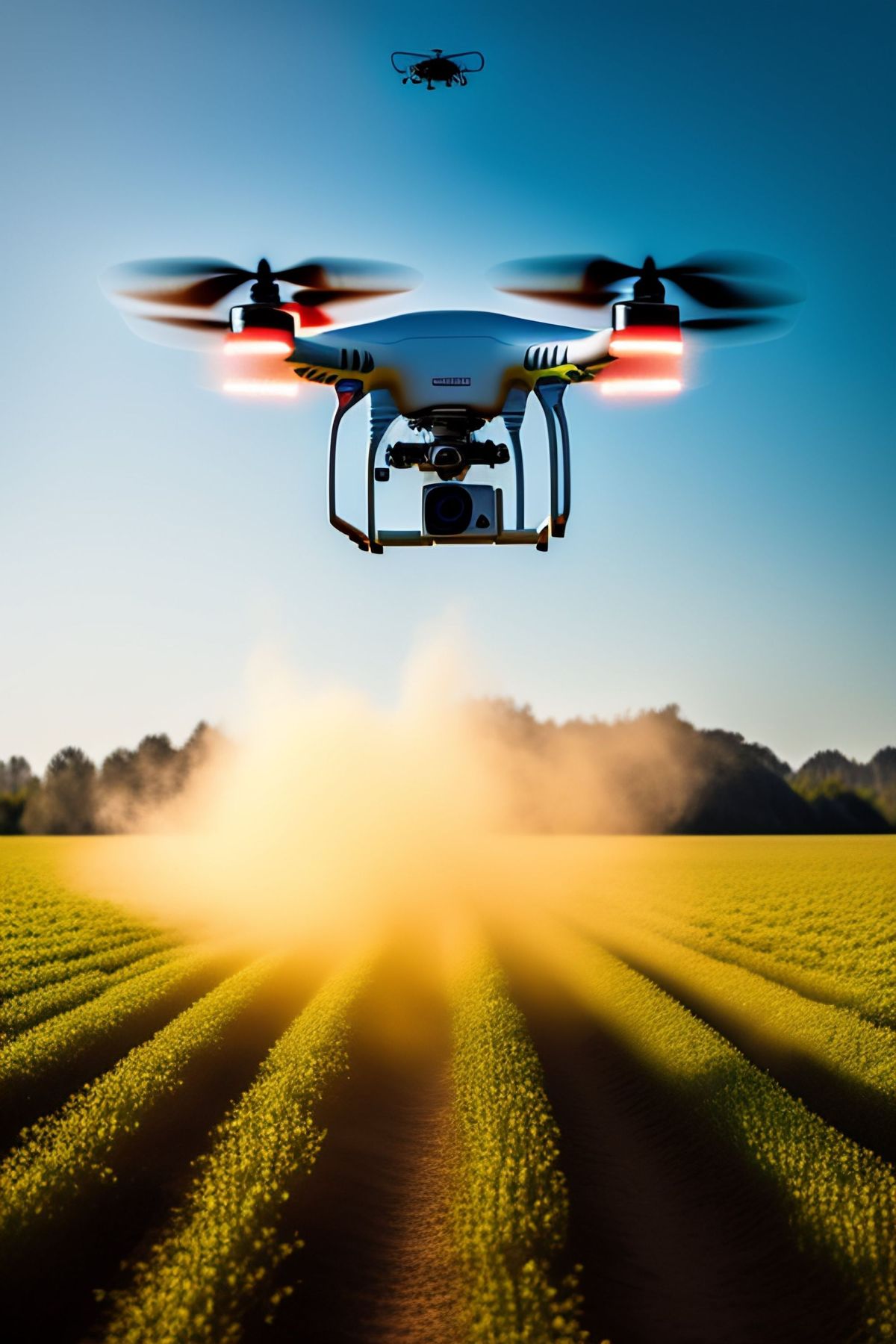
Introduction:
Welcome to a groundbreaking article on the convergence of artificial intelligence (AI) and agriculture, where we explore the transformative power of this cutting-edge technology.
In this blog post, written by the renowned digital marketing legend, Srinidhi Ranganathan, we delve into the fascinating realm of AI and its profound impact on the agricultural sector.
Prepare to be amazed as we uncover the ways in which AI is revolutionizing the very essence of farming, from crop optimization to livestock management.
The Rise of AI in Agriculture
As technology continues to push the boundaries of innovation, AI has emerged as a game-changer in the agricultural landscape. With its ability to process vast amounts of data and make intelligent decisions, AI is transforming traditional farming practices into highly efficient and sustainable systems.
By harnessing the power of AI, farmers can now optimize their operations, increase productivity, and address the challenges posed by a growing global population.
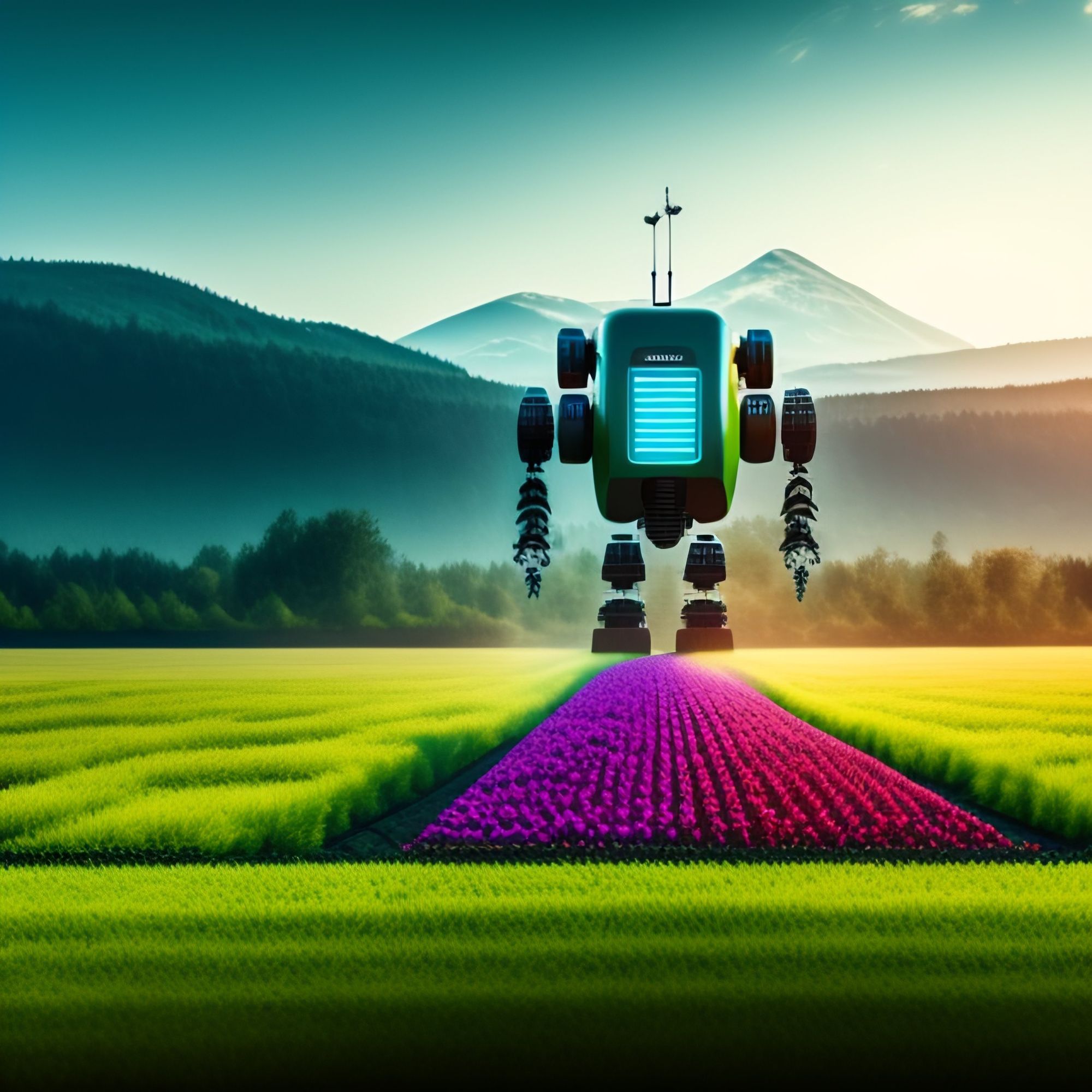
Cultivating Smarter Farms with AI
AI-driven solutions are empowering farmers to make data-driven decisions, revolutionizing the way they cultivate crops. From soil analysis to weather forecasting, AI algorithms can assimilate information from various sources, enabling farmers to make informed choices about planting, irrigation, and fertilization. By leveraging AI-powered platforms, farmers can optimize resource allocation, minimize waste, and maximize yields, ultimately leading to a more sustainable and profitable farming ecosystem.
Precision Agriculture: A New Era Begins
One of the most transformative applications of AI in agriculture is precision farming. By combining AI with advanced sensors, drones, and satellite imagery, farmers can gain real-time insights into their fields. This data-driven approach allows for precise monitoring of crop health, pest infestations, and nutrient deficiencies. By identifying problem areas early on, farmers can take targeted actions, reducing the need for chemical interventions and optimizing resource utilization.
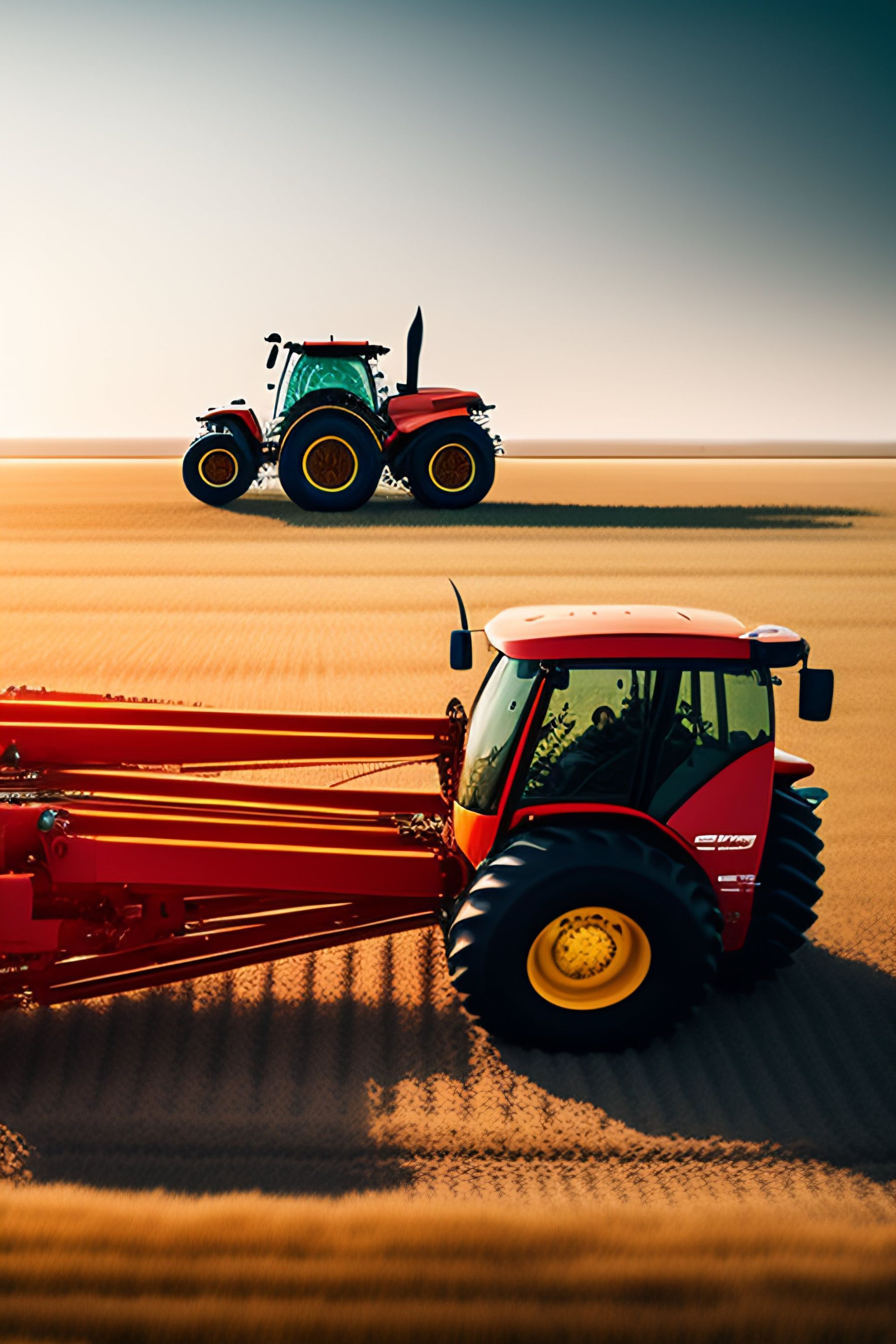
AI and Livestock Management
AI is not limited to crop optimization; it is also revolutionizing livestock management. Through the use of AI-powered sensors and smart monitoring systems, farmers can monitor the health and behaviour of their animals. From detecting illnesses to optimizing feeding schedules, AI enables farmers to ensure the well-being of their livestock, leading to improved productivity and animal welfare.
AI-Enabled Harvesting and Sorting
The advent of AI has paved the way for automated harvesting and sorting processes. With AI-powered robots and machines, farmers can streamline labour-intensive tasks such as fruit picking and vegetable sorting. These intelligent systems can identify ripe produce, sort them based on size and quality, and perform these tasks with unmatched precision and efficiency.
By automating these processes, farmers can significantly reduce labour costs and increase overall productivity.
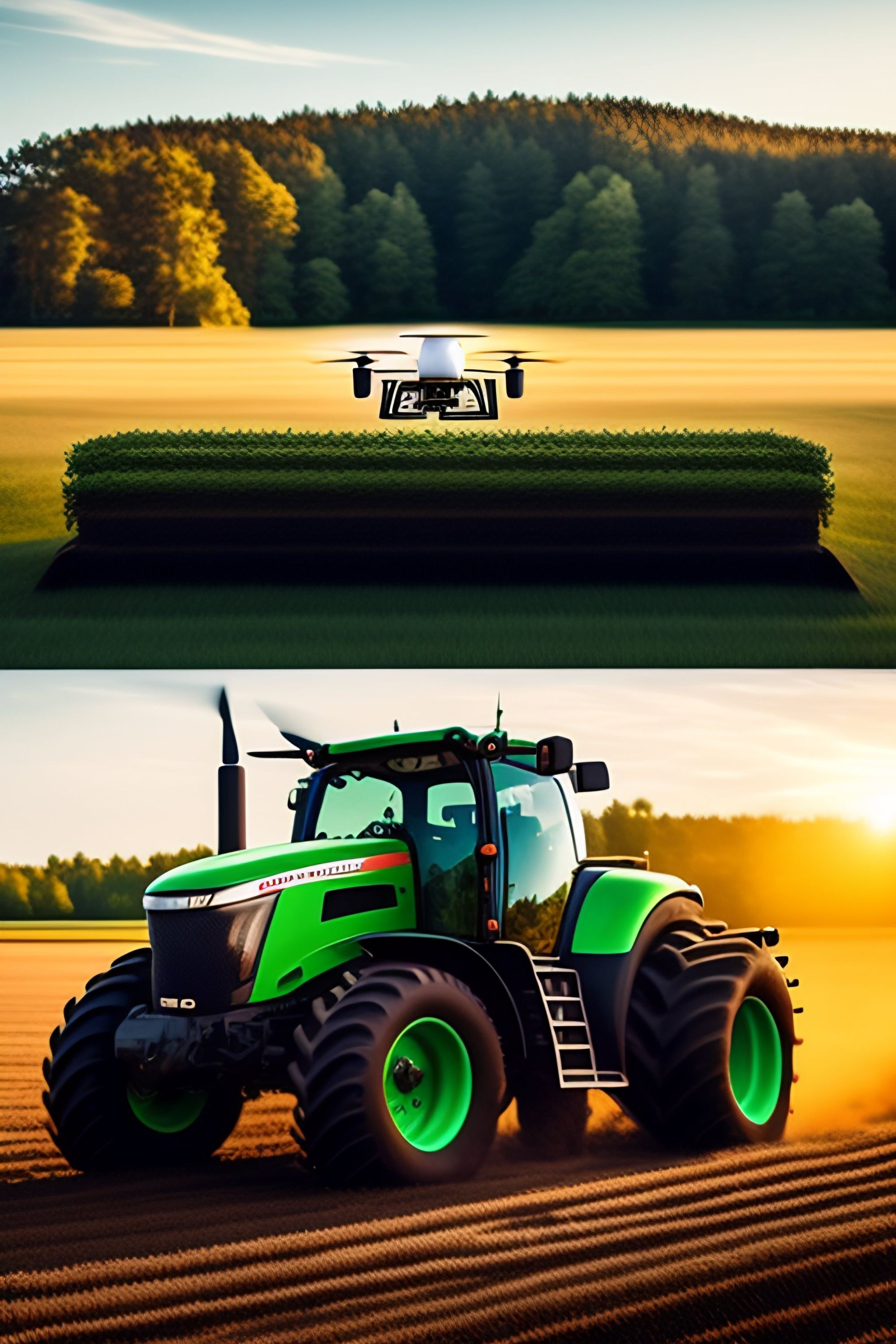
AI in Pest and Disease Management
Pests and diseases pose significant threats to agricultural productivity. However, with AI, farmers can detect and manage these challenges more effectively. AI algorithms can analyze vast amounts of data, including historical weather patterns and pest behaviour, to predict and prevent outbreaks.
By deploying AI-powered monitoring systems, farmers can take proactive measures, minimizing crop losses and reducing the reliance on harmful pesticides.
AI and Sustainable Farming Practices
In an era of climate change and environmental concerns, sustainable farming practices are paramount. AI plays a crucial role in promoting sustainability by optimizing resource usage, minimizing waste, and reducing the environmental impact of agriculture. By leveraging AI-driven insights, farmers can adopt precision irrigation techniques, implement crop rotation strategies, and enhance soil health, ultimately fostering a greener and more sustainable future.
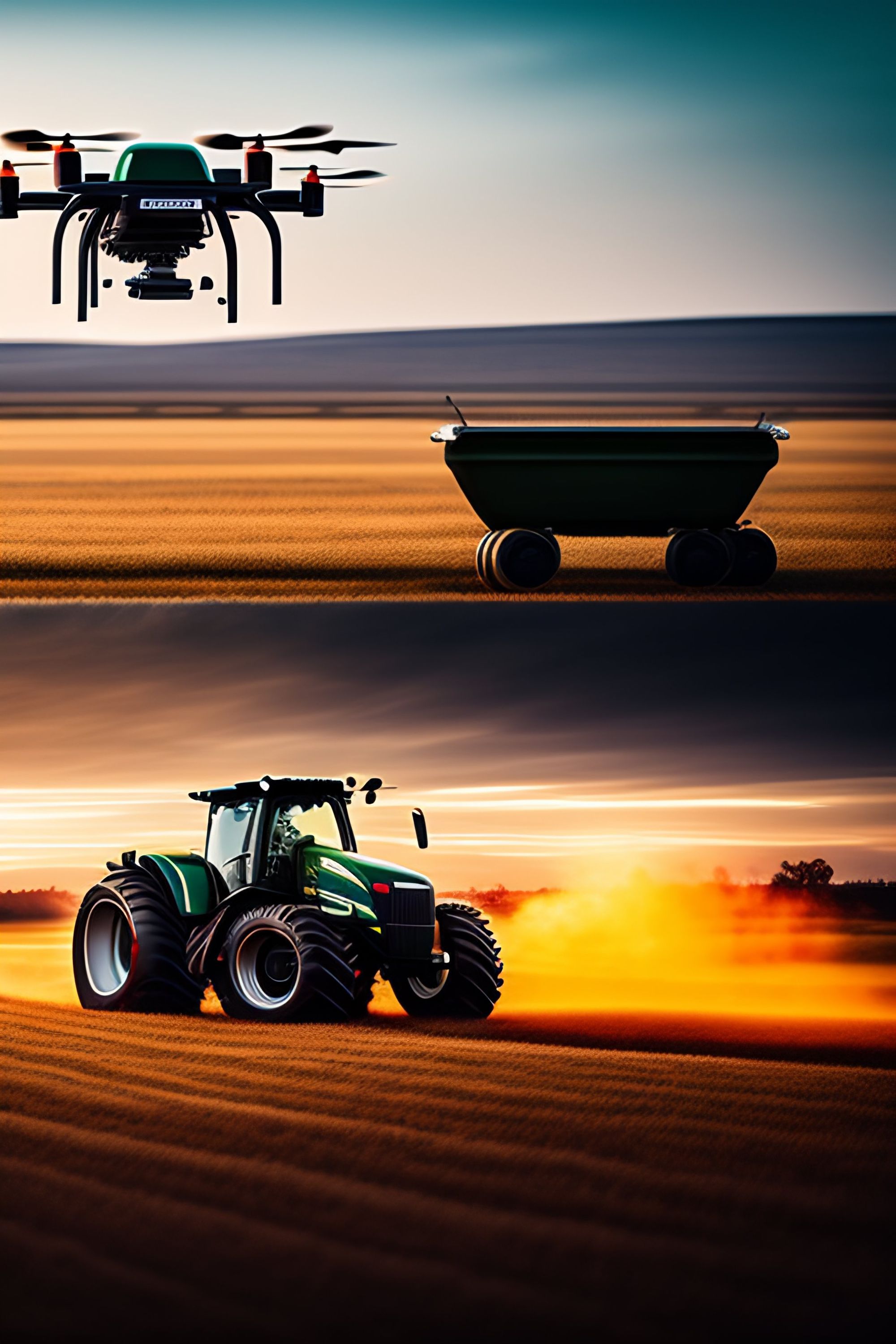
Overcoming Challenges and Embracing the Future
While AI holds immense potential for revolutionizing agriculture, there are challenges to overcome. Issues such as data privacy, accessibility, and the digital divide must be addressed to ensure equitable adoption of AI technologies. Additionally, educating farmers and providing them with the necessary training and support is crucial for a successful transition to AI-driven farming practices.
By addressing these challenges head-on, we can fully embrace the future of AI in agriculture.
Conclusion
In conclusion, the marriage of AI and agriculture is ushering in a new era of innovation and efficiency. From precision farming to automated harvesting, AI is transforming every aspect of the agricultural value chain. By harnessing the power of AI, farmers can optimize their operations, increase productivity, and contribute to a sustainable and food-secure future.
As we continue to advance in this digital age, let us embrace the potential of AI in agriculture and work towards a brighter tomorrow.
